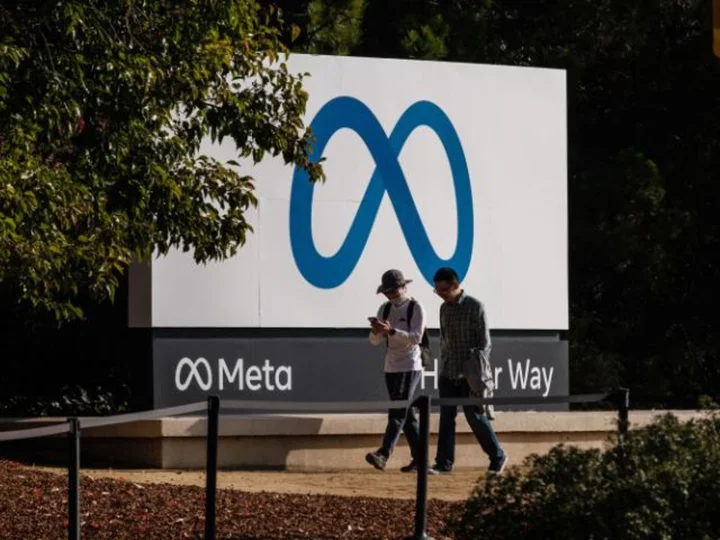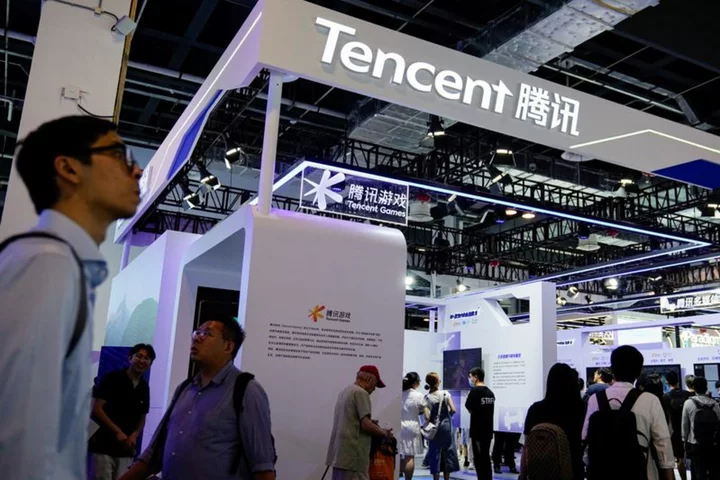Meta, the parent company of Facebook and Instagram, threatened to remove news from its social media sites in California if the state passes a bill requiring big tech companies to pay news outlets for their content.
In a statement posted on Twitter, Andy Stone, Meta's communications director, called California's Journalism Preservation Act "a slush fund that primarily benefits big, out-of-state media companies under the guise of aiding California publishers."
"The bill fails to recognize that publishers and broadcasters put their content on our platform themselves and that substantial consolidation in California's local news industry came over 15 years ago, well before Facebook was widely used," Stone said.
The bill, sponsored by Assemblymember Buffy Wicks, D-Oakland, requires digital companies such as Google and Facebook to pay local news publishers a "journalism usage fee" whenever their news content is used or posted on those platforms. The bill also requires news publishers to invest 70% of usage fee profits into journalism jobs.
"This threat from Meta is a scare tactic that they've tried to deploy, unsuccessfully, in every country that's attempted this," Wicks said in a statement. "It's egregious that one of the wealthiest companies in the world would rather silence journalists than face regulation."
According to a spokesperson for Wicks, the bill is due for a vote in the California State Assembly on Thursday.
The bill has garnered praise from some of the largest journalism unions in California, including Media Guild of the West and Pacific Media Workers Guild. In a joint letter, the two unions called Meta and Google "powerful landlords overseeing an ever-expanding slum of low-quality information, happy to collect advertising rents from struggling tenants while avoiding paying for upkeep."
However, the bill also has its detractors. Free Press Action, a non-profit media advocacy organization, has criticized the bill as doing "nothing to support trustworthy local reporting and would instead pad the profits of massive conglomerates."









